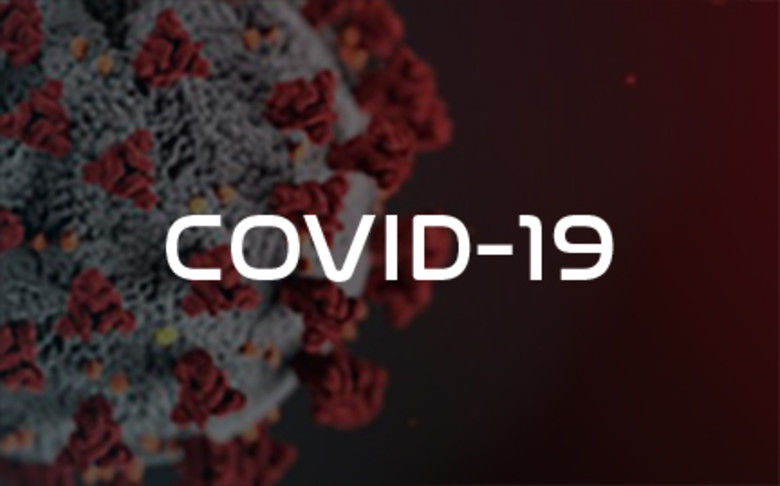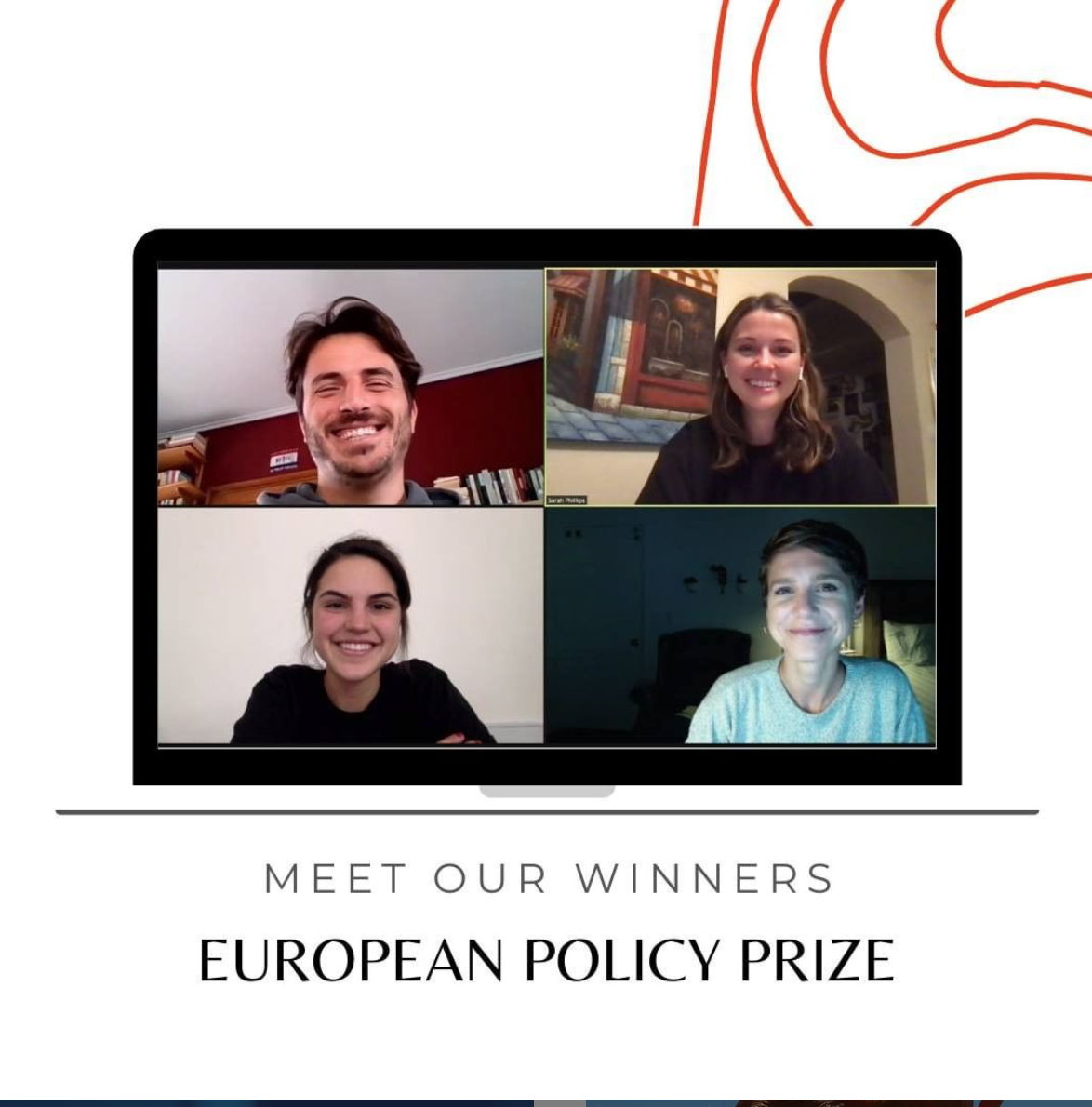
Dear students, young people and readers all across Europe,
Europe has now been declared the epicentre of the COVID-19 pandemic by the World Health Organization. This current crisis calls upon every individual to act responsibly.
The virus affects everybody, young and old, with potentially disastrous effects on those who carry it and the people that live with or around them. The most severe cases lead to lung inflammation, leading to patients failing to breathe and dying.
Be aware that due to the long incubation period (time from infection to outbreak of symptoms) of 5-14 days, you may already be infected, even if you do not have any symptoms. Therefore, it is absolutely vital that you practice social distancing and avoid contact with others as much as possible.
WHY are we asking you to do this?
- Our health systems and hospitals are not built to handle the number of emergencies that this pandemic is going to cause. There are not enough respiration machines. Doctors are going to have to choose who to treat and who to leave to die. This is going to happen wherever you live.
- Currently, reported cases of the virus double every second or third day. Every individual’s role is to try to contain the virus and delay the spread to keep the health system from collapsing.
- As painful as it may seem, please be aware that because of the lethality of this virus of between 1%-3%, people you know and love may die of COVID-19. It is vital that you help contain the spread.
WHAT can you do?
- Stay home, restrict your social life to an absolute minimum. We are well aware that you find it hard to imagine to not go out and meet people, but this is only a small sacrifice you need to make to protect all of society. Call/Facetime your friends and family instead of meeting them.
- Do not go to restaurants, bars or cafés. Do not go to parties or “pre-lockdown celebrations”.
- Wash your hands regularly, use disinfectants to clean your door handles, keys, debit/credit cards, headphones, your phone and your laptop.
- Avoid touching your face, do not shake hands, avoid touching others.
- If you show symptoms, do not leave your room, if you share your apartment, or your apartment if you live alone. Do not go to your general practitioner or to a hospital, but call your country’s emergency hotline to seek assistance. Isolate in one room.
- If you live in shared flats or in student residences, make sure to clean commonly used surfaces (kitchen, bathrooms) and arrange to use different sets of plates and cutlery.
We urge you to take this pandemic seriously: the actions you take today can save lives tomorrow. Act responsibly, share this message with your friends and stay at home!
The Board of the European Student Think Tank
15 March 2020
Further information:
Questions and Answers by the World Health Organization
https://www.who.int/news-room/q-a-detail/q-a-coronaviruses
How to self-isolate when you have symptoms: The Guardian
https://www.theguardian.com/world/2020/mar/14/coronavirus-how-to-self-isolate-covid-19-symptoms
Covid-Updates: Financial Times and The Guardian
https://www.ft.com/content/22d8a8e9-aa6f-3740-9d61-a96816628dff
Johns Hopkins Coronavirus Resource Center (tracks cases worldwide)
https://coronavirus.jhu.edu/map.html
Why you must act now. By Tomas Pueyo
https://medium.com/@tomaspueyo/coronavirus-act-today-or-people-will-die-f4d3d9cd99ca
Coronavirus. Our World in Data.

 The ’Ndrangheta’s Infiltration and Threat to European Institutions
The ’Ndrangheta’s Infiltration and Threat to European Institutions  From Paper to Practice: How Grassroots Norms Undermine Gender Rights in Pakistan
From Paper to Practice: How Grassroots Norms Undermine Gender Rights in Pakistan  Exploited Childhoods: The Role of Global Corporations in Perpetuating and Mitigating Child Labour
Exploited Childhoods: The Role of Global Corporations in Perpetuating and Mitigating Child Labour  Human Rights Challenges in Addressing SLAPPs in Media, NGOs and Journalism in the EU
Human Rights Challenges in Addressing SLAPPs in Media, NGOs and Journalism in the EU 


